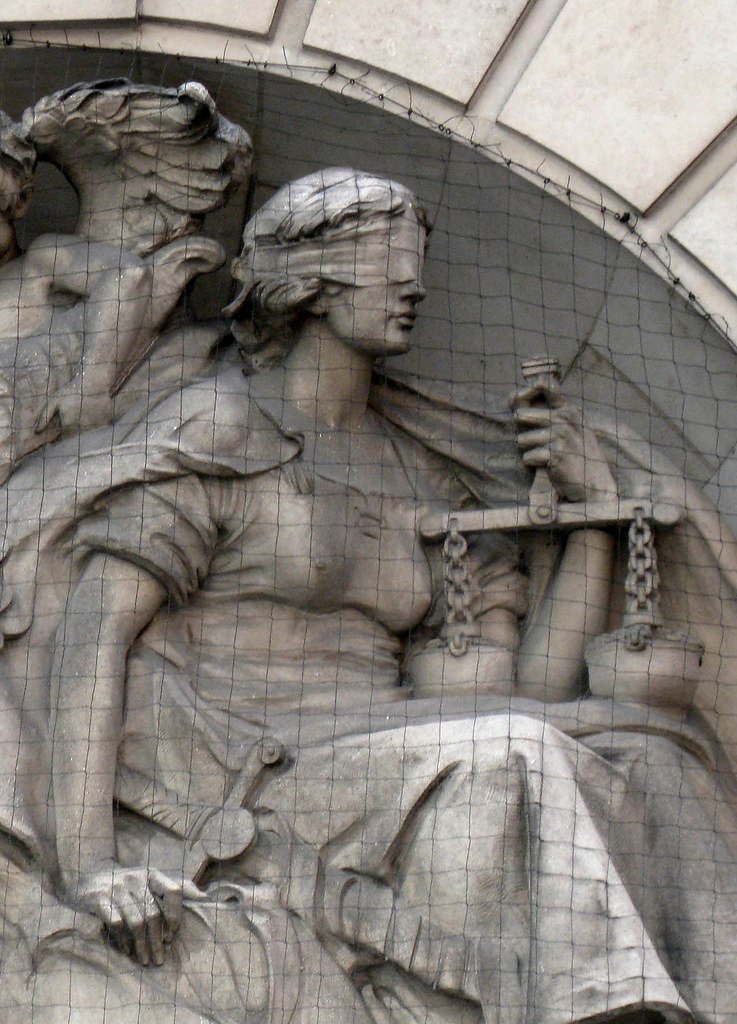
Ottawa (Source: Toronto Star) — Canada’s deficit has ballooned to an alarming $61.9 billion for the 2023-24 fiscal year, according to the government’s recent fall economic update. This surge represents a nearly $22 billion increase from the previously forecasted $40 billion, signaling a deepening financial strain. The Trudeau government’s mini-budget also reveals that the promised $250 cheques for Canadians—aimed at easing financial hardship—will not be delivered, at least for now. However, the government has committed to spending $1.3 billion on border security measures in response to looming trade threats from U.S. President-elect Donald Trump.
The fall update, which was initially set to be presented by former Finance Minister Chrystia Freeland, was released after her unexpected resignation just hours before the scheduled announcement. Freeland had been under intense pressure, and in her resignation letter, she expressed concerns about the need for fiscal restraint, particularly in anticipation of a possible trade conflict with the U.S.
The fiscal update reveals that much of the increase in the deficit is tied to expected legal settlements with Indigenous groups, which, though not yet finalized, are required to be accounted for by accounting standards. The government has placed an additional $16.4 billion in anticipated payments on the books for the 2023-24 year, bringing the deficit to its current level. The update also includes $1.2 billion in write-offs related to expired COVID-19 vaccines and personal protective equipment and $3.5 billion in loans issued during the pandemic.
While some of these expenditures are tied to ongoing issues, the update also projects continued deficits in future years. The deficit for the 2024-25 fiscal year, originally forecasted at $39.8 billion, is now expected to reach $48.3 billion, with deficits continuing to surpass projections for several more years.
No $250 Cheques, But $1.3B for Trump Border Demands
One of the key political promises left unfulfilled in the update was the $250 cheques for Canadian households, which had been announced earlier as a means to assist with cost-of-living pressures. However, the proposal has stalled in Parliament, with opposition parties, including the NDP and Bloc Québécois, demanding that the program be expanded to include seniors and people with disabilities before they agree to support it. The original plan, costing an estimated $4.68 billion, was set to be added to the already mounting deficit.
Instead, the Trudeau government has prioritized $1.3 billion in funding for “cutting-edge” border security initiatives. This expenditure comes in response to the threat of potential tariffs from U.S. President-elect Donald Trump, signaling the government’s focus on preparing for future trade tensions.
The fiscal update has sparked harsh criticism from opposition leaders, particularly Conservative Leader Pierre Poilievre, who called the soaring deficit “a disaster” and warned it could exacerbate inflation. Poilievre criticized Prime Minister Justin Trudeau for failing to control government spending, stating that the rising deficit is “100 percent at the feet of this irresponsible prime minister.”
NDP MP Don Davies also expressed disappointment, accusing the Liberal government of neglecting the needs of working- and middle-class Canadians. “Budgets reveal who you’re really working for, and what your values are,” Davies said in a statement. “The government’s economic update fails to address the serious crises facing everyday Canadians.”
Freeland’s Resignation and Future Outlook
Freeland’s resignation, just ahead of delivering the economic update, was seen as a blow to the government, particularly as it grapples with an increasing fiscal burden. In her letter, Freeland stressed the importance of maintaining fiscal discipline, especially with the uncertain economic outlook and potential trade disruptions from the U.S.
“That means keeping our fiscal powder dry today, so we have the reserves we may need for a coming tariff war,” Freeland wrote. “It means avoiding costly political gimmicks, which we can ill afford and which make Canadians doubt that we recognize the gravity of the moment.”
Despite Freeland’s departure, the government has signaled its commitment to fiscal restraint, with a focus on reducing the deficit-to-GDP ratio and maintaining a debt-to-GDP ratio on a declining path. However, the projected deficits for the coming years suggest that Canada’s financial challenges are far from over.
As the political fallout continues, all eyes will be on the Trudeau government’s next steps in addressing the mounting deficit and delivering on promises to Canadians.


